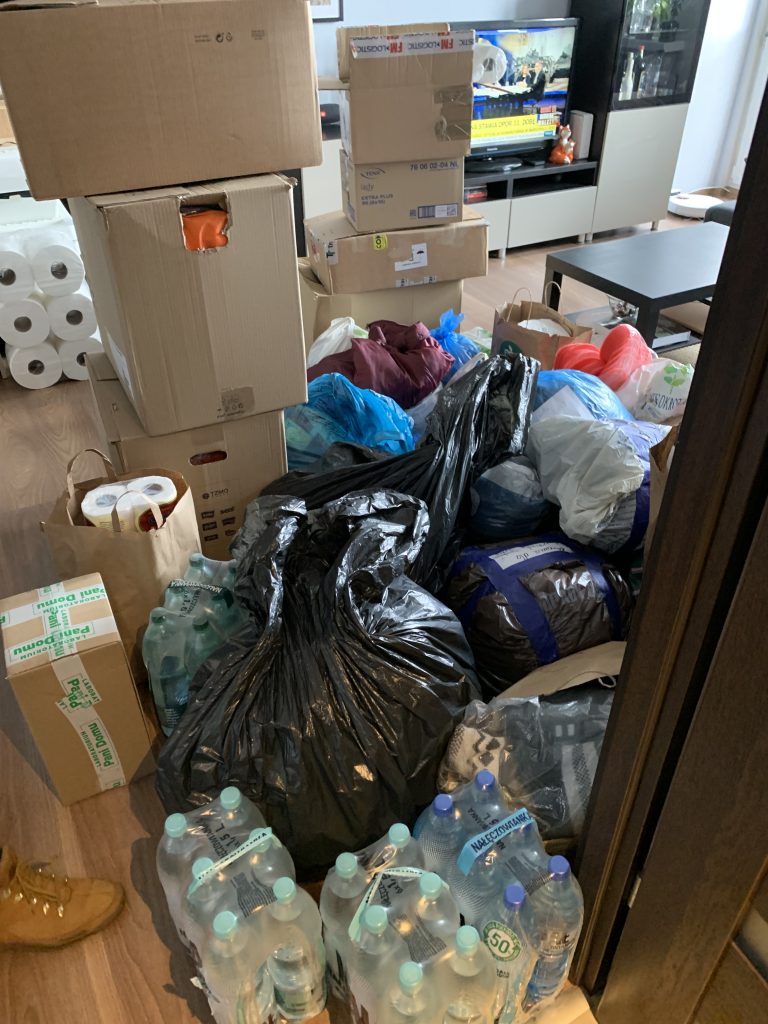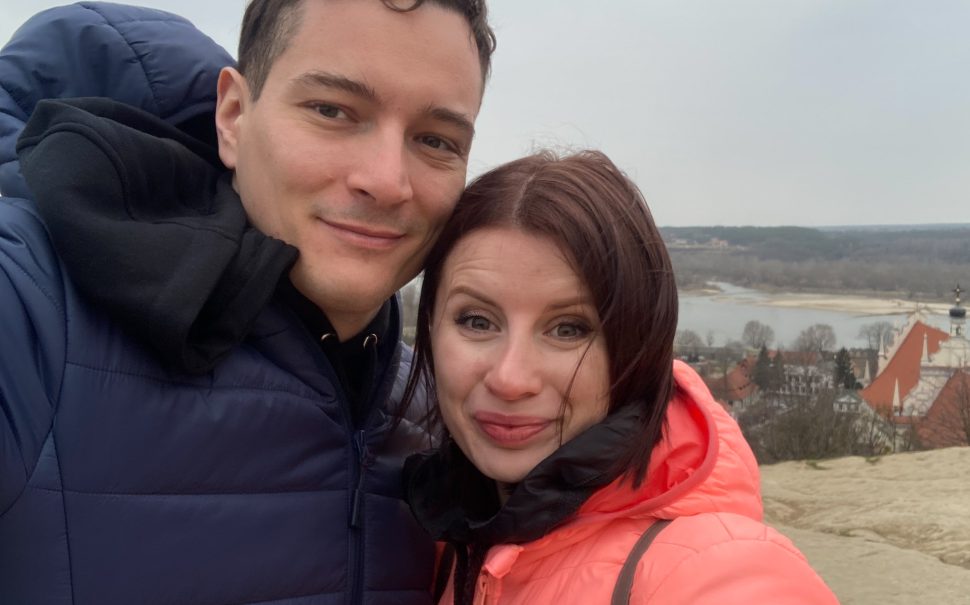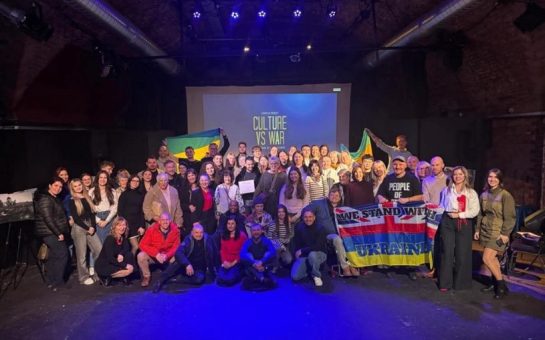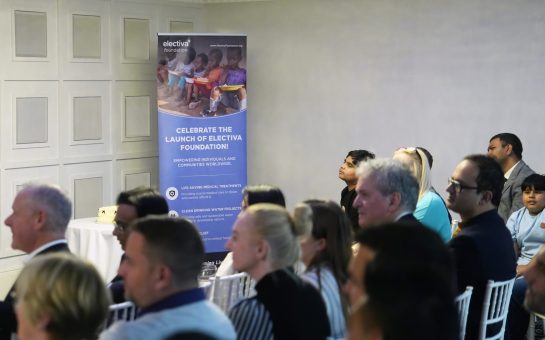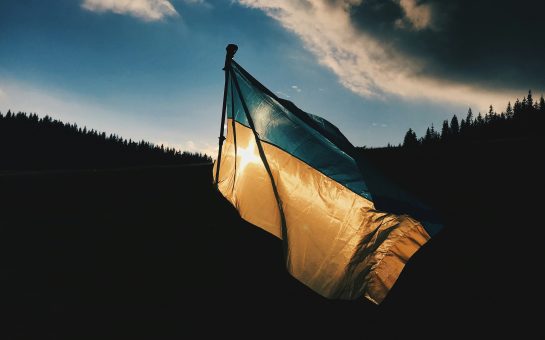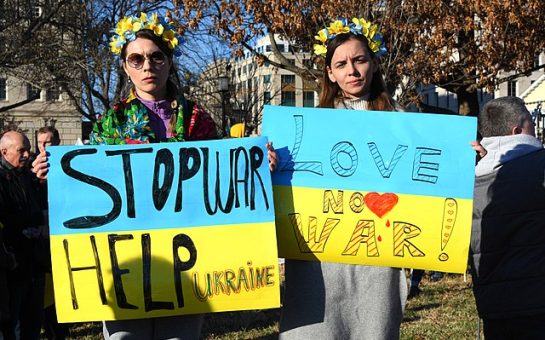A former Manchester resident has opened up about her experiences living and working near the Polish border with Ukraine.
Anna Paszynska, 30, who lived in Manchester in her twenties before emigrating back to Poland, spoke to Mancunian Matters about her engagement in collecting essential supplies to assist refugees and the impact of helping at the Polish – Ukrainian border.
Poland has been instrumental in providing aid and refuge to those fleeing the conflict, with people across the country collecting donations of money, food, clothing, medicine, and military equipment, and many offering accommodation and transport to people crossing the border.
Anna, who works as a marketing specialist at a tax advisory company, said: “it is impossible to describe how amazed we are by the solidarity and efforts that have been offered by our Polish society to the refugees and the people of Ukraine in the worst moments of their current history.
“Personally, I don’t know anyone not engaged in activities helping Ukrainians, we even know some people who travelled to Ukraine with charities.”
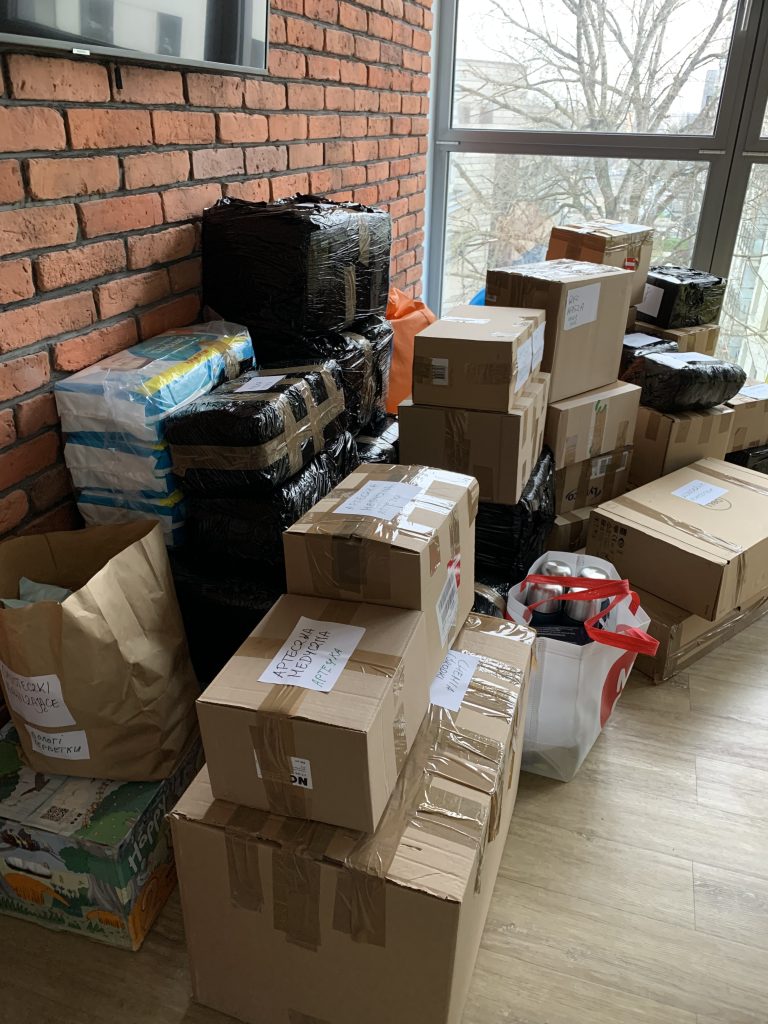
Anna grew up in Katowice (about 400 km from Polish-Ukrainian border), in the Silesian region of Poland known for coal mining and steel, before moving to Warsaw two years ago with her partner Piotr, an attorney.
For the couple, like so many other Polish residents, Putin’s invasion has brought the threat of living in Russia’s shadow closer to home than ever before in their lifetime.
Anna believes the shared history of Poland and Ukraine is part of the reason so many Polish residents have been moved to help, as both countries were devastated by Russia during the Second World War.
She said: “On the border we have seen a lot of similar scenes – exhausted people with no place to go, just carrying a couple of bags, but happy to be safe and alive.
“Language also matters, we have lots of Russian speaking people in Poland and of course it is a relatively close distance to Ukraine.”
So far almost 2.5 million Ukrainians have fled to Poland.
Despite this, Poland does not have any refugee camps, as nearly all Ukrainian refugees who didn’t have friends or relatives in Poland (around 80% of those crossing the border) have been welcomed into people’s homes or to reception points organised by the Polish government which provide temporary accommodation for those searching for more permanent housing or waiting for transport elsewhere.
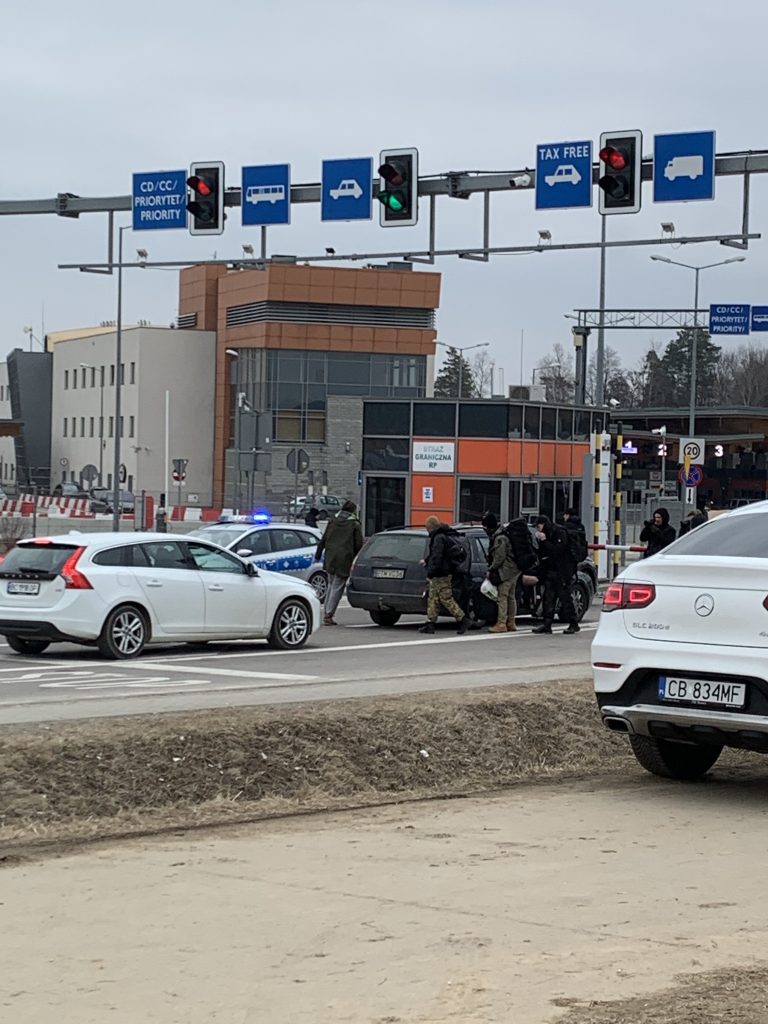
Anna said: “We had the pleasure to host a family from Kharkiv, a mum plus three teenage daughters, who were waiting for a bus to Tallinn in Estonia.
“They were really grateful; they even gave us a gift – a book with some recipes for Ukrainian dishes.
“We are still in touch with ‘our’ family.
“From the bottom of our hearts, we hope everything goes well for them and they come home soon.”
Anna described a harrowing visit to the Polish-Ukrainian border where, along with her friend, she helped rescue an elderly woman struggling with illness, who had escaped from Kharkiv, reuniting her with her family.
“We reached the border about 1 pm and waited in the car nearly 12 hours until we finally met her at around 1 am.
“Thankfully, everything went to plan, we transported her to Katowice, where she met her daughter.
“We will never forget the image of mother and daughter meeting for the first time in months- just hours after she left Kharkiv the city was devastated by the Russian aggressors.”
Anna added: “Our government has also hugely supported the refugees from Ukraine.”
Since war broke out on 24 February, Ukrainian citizens have been allowed into Poland without a visa; and exempted from any Covid related travel restrictions.
Just days ago, legal routes were put in place for refugees to apply for a Polish ID number (necessary to apply for a job in Poland), get access to social benefits and help children to attend Polish schools more easily.
It’s not only human refugees receiving support – many animal rescue organisations in Poland have dedicated themselves to taking care of pets who escaped the conflict with their owners. Dioz have been working to transport food and medical supplies to animals in Ukraine and have brought hundreds of dogs to Poland to be treated.
However, Anna is adamant there is much more to be done, explaining that despite collection efforts, there are still huge shortages of medicines and non-perishable foods, which are the most critically needed supplies.
She added: “We encourage you to offer any possible support to your local charity organisations engaged in efforts for Ukraine.
“If you do not have a chance to send any goods to Poland, please donate to the Polish Red Cross, every bit of help from British people to the Ukrainian crisis is needed.”
